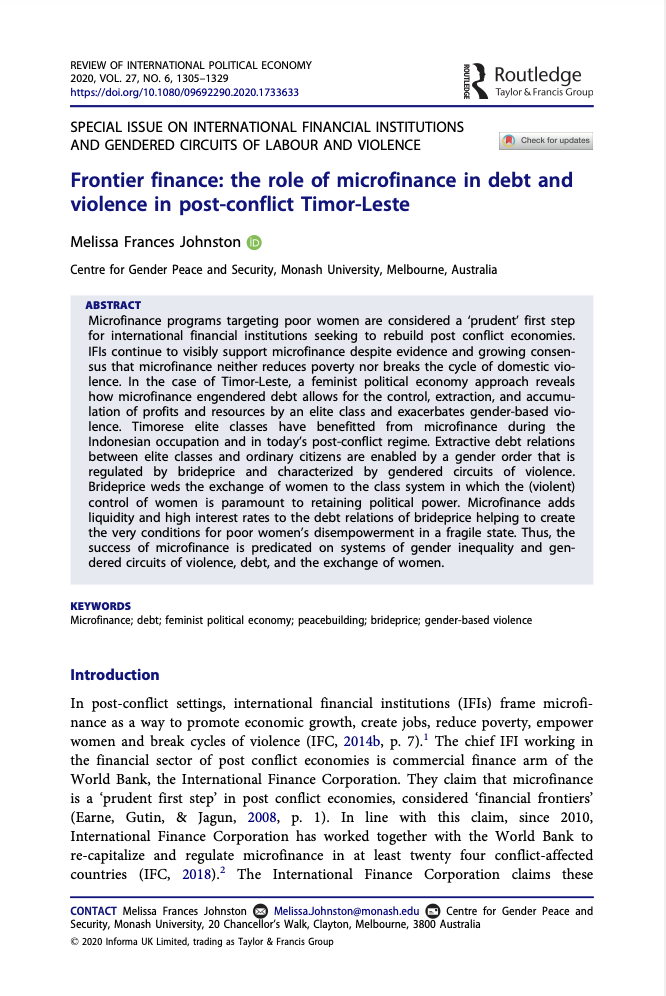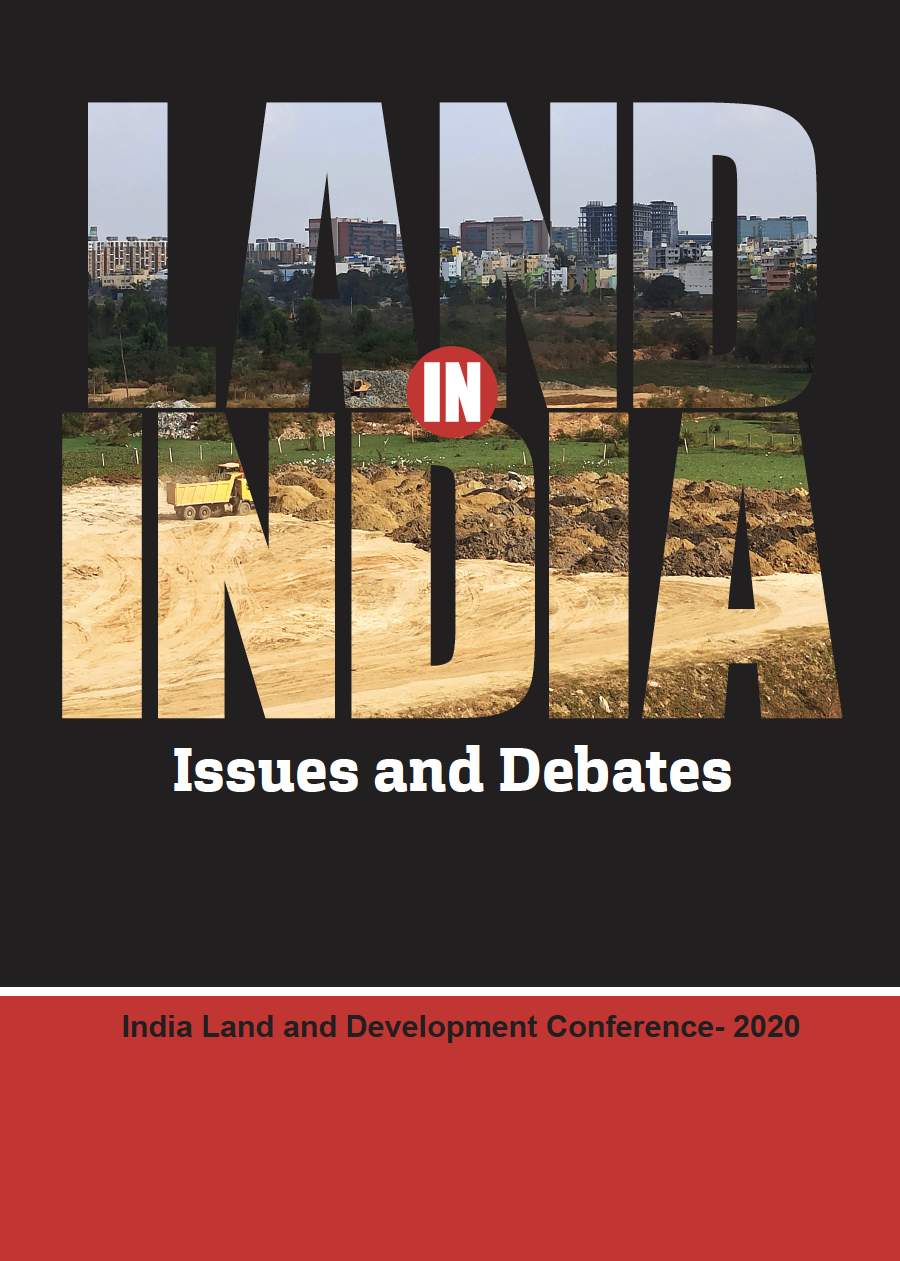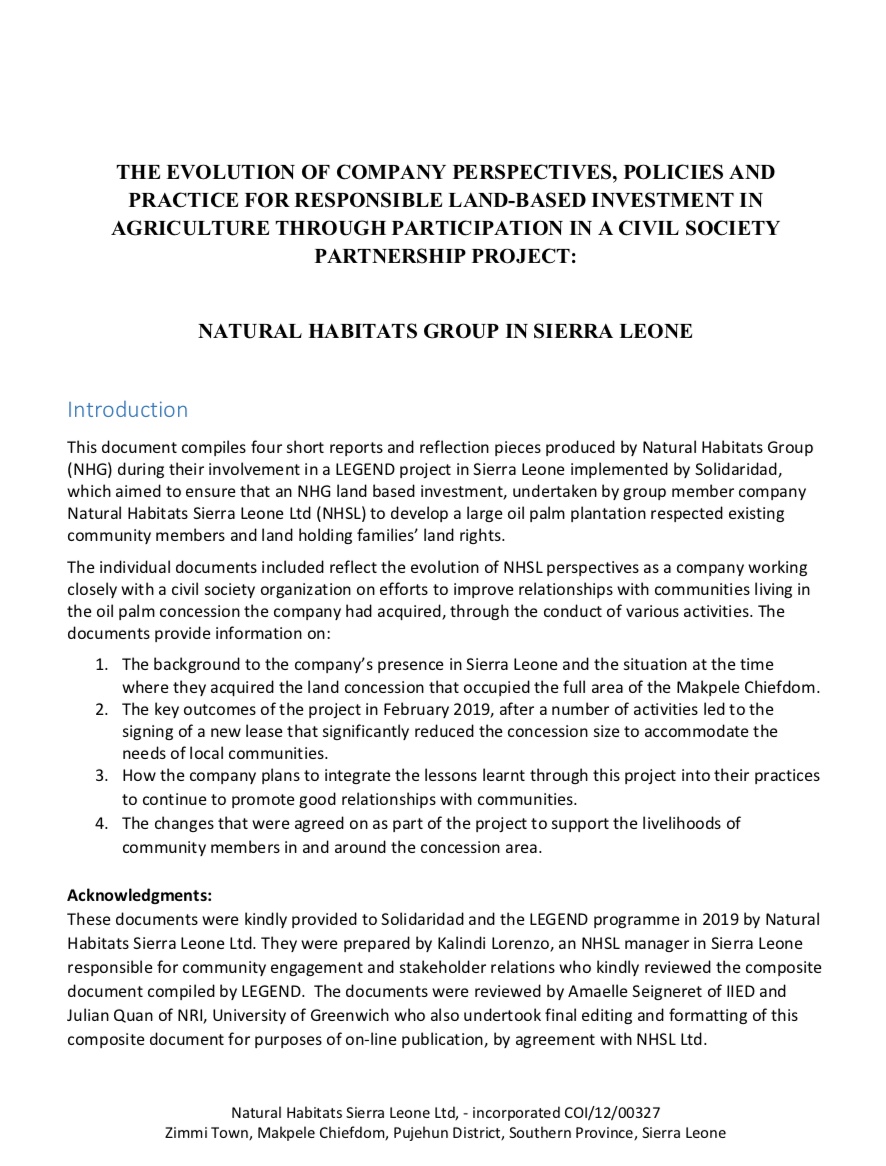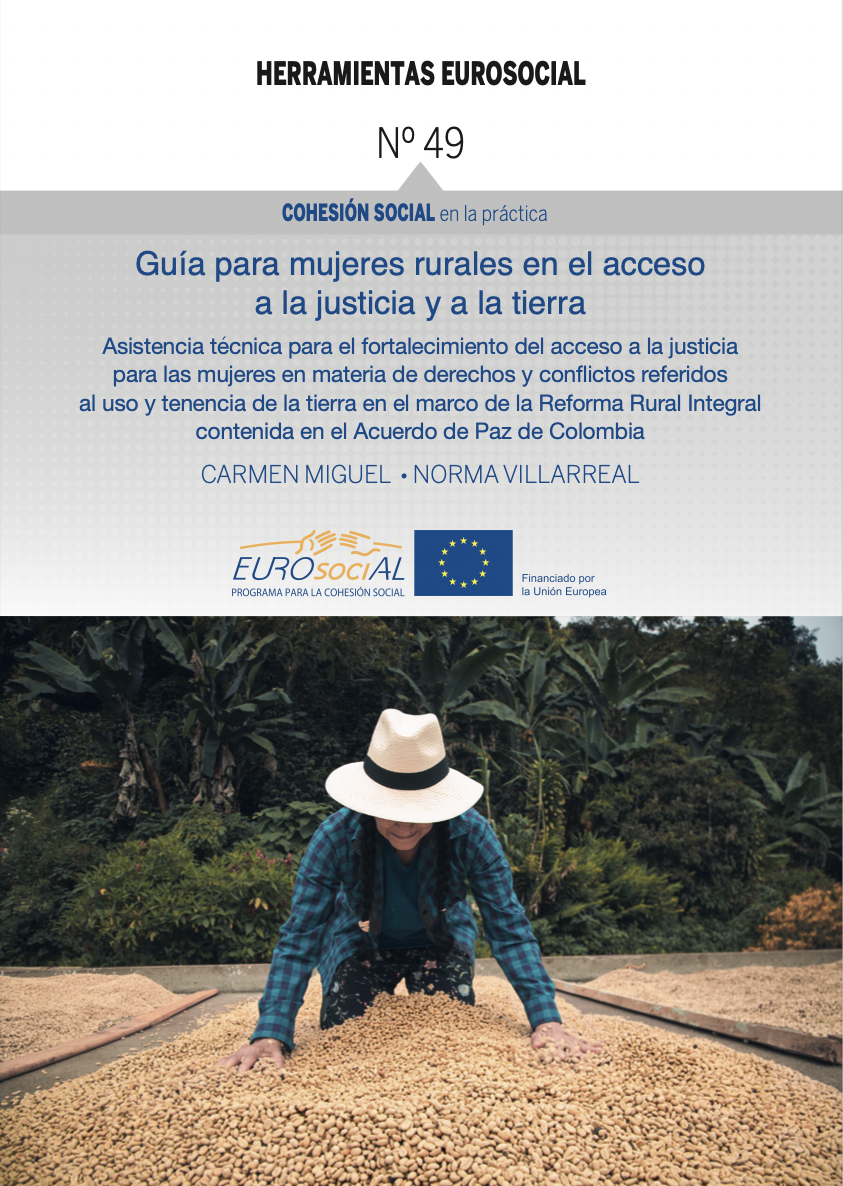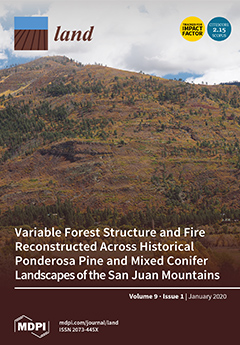Frontier finance: the role of microfinance in debt and violence in post-conflict Timor-Leste
Microfinance programs targeting poor women are considered a ‘prudent’ first step for international financial institutions seeking to rebuild post conflict economies. IFIs continue to visibly support microfinance despite evidence and growing consensus that microfinance neither reduces poverty nor breaks the cycle of domestic violence. In the case of Timor-Leste, a feminist political economy approach reveals how microfinance engendered debt allows for the control, extraction, and accumulation of profits and resources by an elite class and exacerbates gender-based violence.

